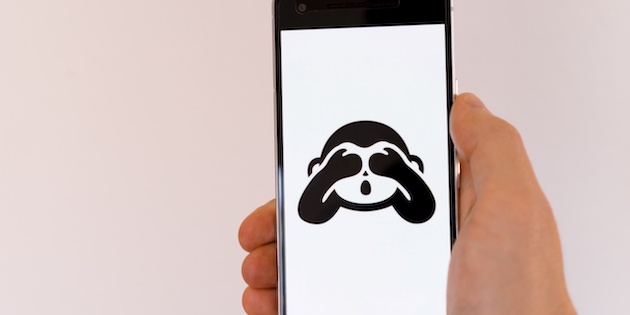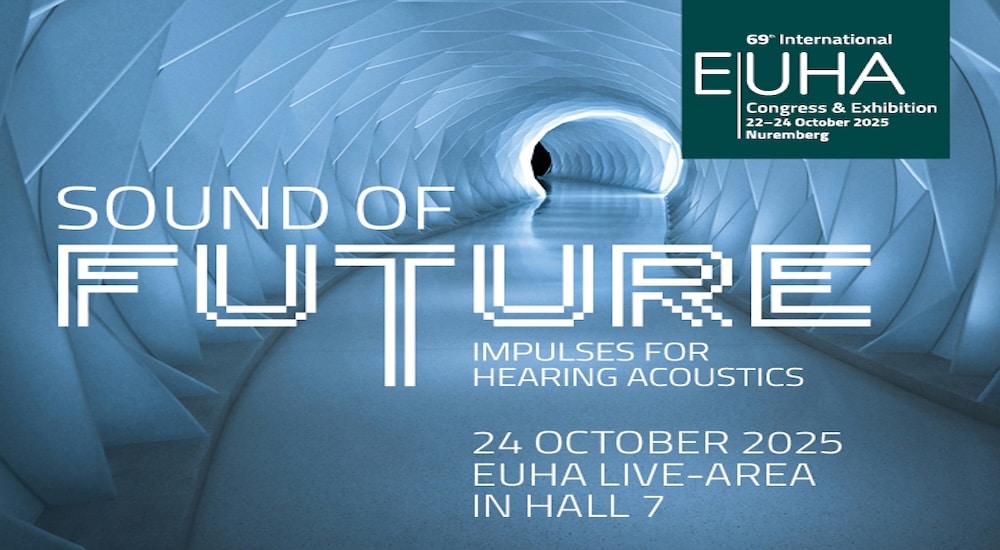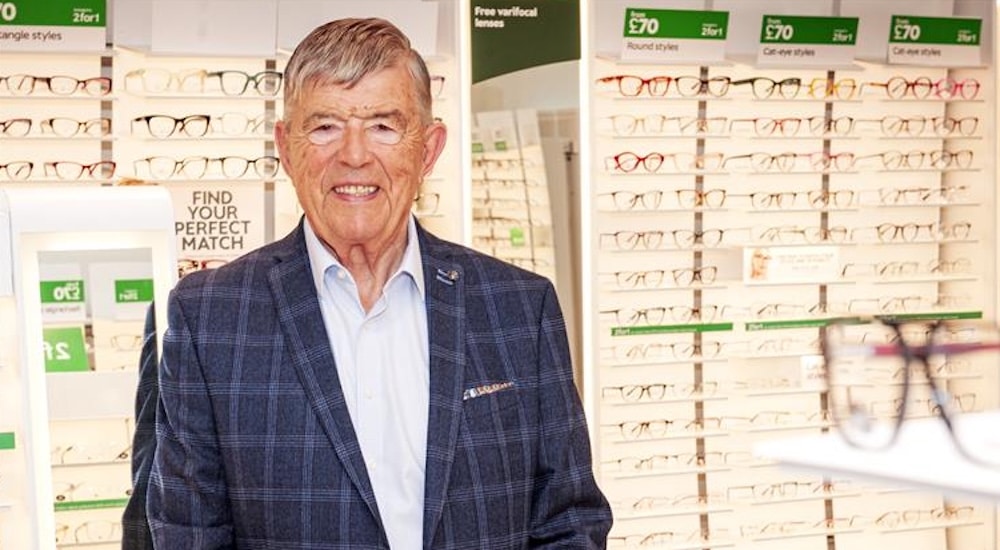Column: the blocked ear and the pandemic
clinic
During a busy spring in his clinic, UK audiologist Raúl García-Medina rescued several patients in jeopardy through poor primary care attention. In his May-June Audio Infos UK column, he argues for greater GP awareness of auditory problems, and points out where remote care falls short.

From the Oval Window
The spring months of 2021 were busier than normal in my clinic. The number of patients seeking hearing and ear care was staggering, a welcome surprise following what we have all been through in terms of the limitations of our clinical offerings during the pandemic.
We have followed the Covid-19 Audiology and Otology Guidance agreed jointly between the UK’s audiology professional bodies, last reviewed on May 31, 2021. And we are hoping for even more restrictions to be lifted, and to be able to zoom in on what the new normal will become in our profession.
At the time of writing, the UK’s inoculation programme has reached a record figure of over 35.37 million people—or 67.2% of the UK adult population—having received their first dose of Covid-19 vaccine. Of those, 17.67 million—or 33.5% of adults—have received the recommended two doses. After a devastating second wave that peaked in late January 2021, numbers of new infections, hospitalisation and deaths fell, and these numbers incentivised more patients to seek the audiological/medical help that they require.
The possible link between individuals infected by SARS-CoV-2 and auditory and vestibular problems, as reported in media coverage of The University of Manchester and Manchester Biomedical Research Centre, has correspondingly made our population more aware of the possibility of acquiring audiological comorbidities. Some figures suggested that as many as 7.6% of people infected with Covid-19 experience hearing loss, whilst 14.8% develop tinnitus and 7.2% experience vertigo.
Furthermore, patients also certainly feel more comfortable attending our premises now than they did in January 2021, and clinicians have developed and adjusted their in-clinic processes to continue to provide services in line with the latest guidelines.
GPs and auditory problems
However, one thing that has come to my attention of late has been the increased number of patients that have attended our clinics reporting that their GPs have for many months been less than helpful regarding their ears or auditory problems. We know that the NHS is currently experiencing some of the most severe pressures in its 70-year history. GP surgeries in general are experiencing significant growth in demand, they are struggling to recruit staff, and patients are having to wait longer for appointments. On top of these long-term trends, in recent months GP practices have been at the forefront of the NHS response to the Covid-19 outbreak, with hospitals transferring unfunded work to primary care to cope with increased demand for covid related symptoms. It is definitely not easy.
The now more familiar synchronous telehealth approach to deal with increased demand in primary care and avoid unnecessary face-to-face consultations has certainly provided genuine benefits. But it has become increasingly more evident that, despite being more convenient and accessible to most patients, it is not possible to make every type of visit remotely, at least not yet.
As audiologists know, implementing telephone consultations clearly does not work for individuals with certain types of hearing loss, and obviously not for our deaf/Deaf communities. But neither does it work for those who need someone to look in their ears.
Blocked ear
A "blocked ear" can mean different things to different people. Individuals explain the ‘blocked ear’ symptom differently, and ruling out otalgia does not necessarily mean much.
Advising on the use of cerumenolytic drops when what is actually present is an infection or a tympanic membrane perforation definitely is not cool. Nor is advising on nasal spray decongestants and antihistamines when an external auditory canal is blocked with wax. That is not going to solve the problem.
Prescribing topical or oral antibiotics when it is just a case of wax impaction is unnecessary. And equally wide of the mark—what some would argue is negligence—is to try all of the above when a sudden sensorineural hearing loss is present.
GPs cannot deal with all matters, at all times and remotely. It is just impossible. I feel for them.
I very much welcome the much needed GP Deafness and Hearing Loss Toolkit, a 2020 project that came together through a collaboration between the Royal College of GPs (RCGP), the Royal National Institute for Deaf People (RNID), and NHS England & Improvement, and sponsored by the British Irish Hearing Instrument Manufacturers Association (BIHIMA).
More GPs, however, need to watch the YouTube video on that same page and familiarise themselves with the content or at least check it out when a consultation has taken place. Only 572 views [by June 26] (three are mine!).
Do your bit and let your GPs or the GPs you interact with know that it exists. Unfortunately, though, the Referral Guidelines Timelines section, which is based on the NICE guideline: Hearing Loss in Adults (2019), states that they need to refer immediately (for assessment within 24 hours by ENT or an emergency department) in the following instance: Sudden onset (over three days or less) unilateral or bilateral hearing loss which has occurred within the past 30 days and cannot be explained by external or middle ear causes.
Well, the telephone consultation is not going to address that and by June I was on my fourth urgent referral to ENT/A&E department for SSNHL (since the pandemic started) for patients who have been told to put olive oil in their ears, and who waited for between three to eight weeks before seeing someone!Thankfully two of those patients got their hearing back after steroidal protocols were followed.
Let’s be vigilant, let’s act swiftly, and let’s hope for a speedy recovery of the NHS.
Source: Audio Infos UK issue 142 May-June 2021




